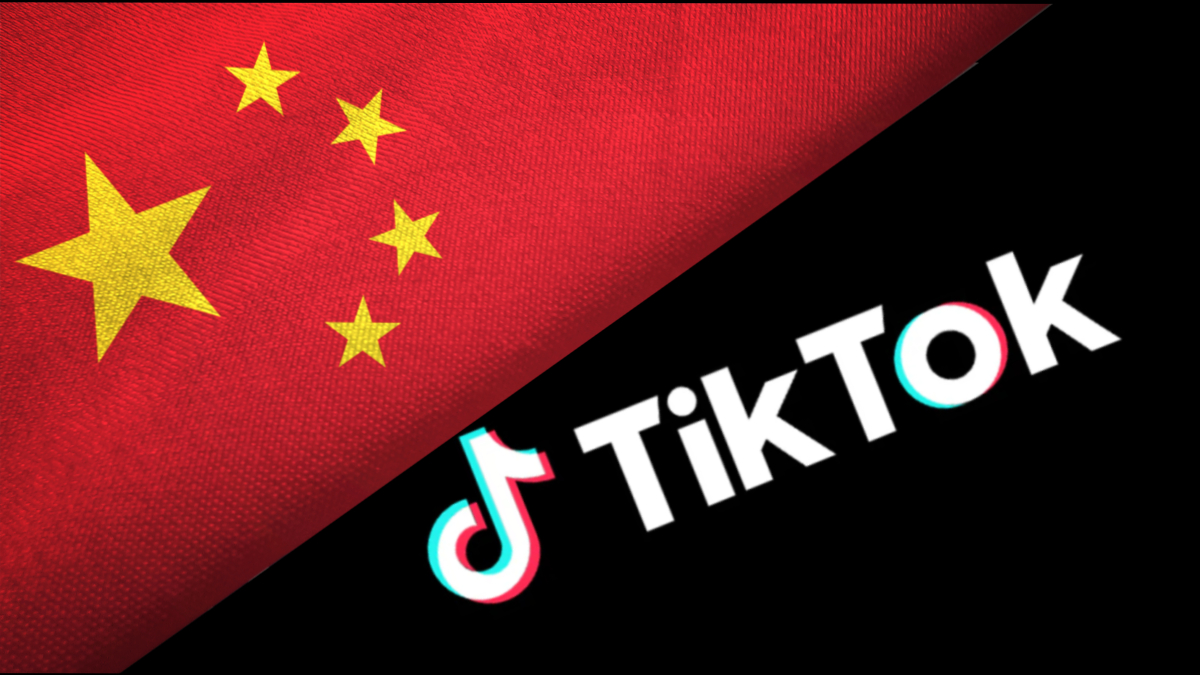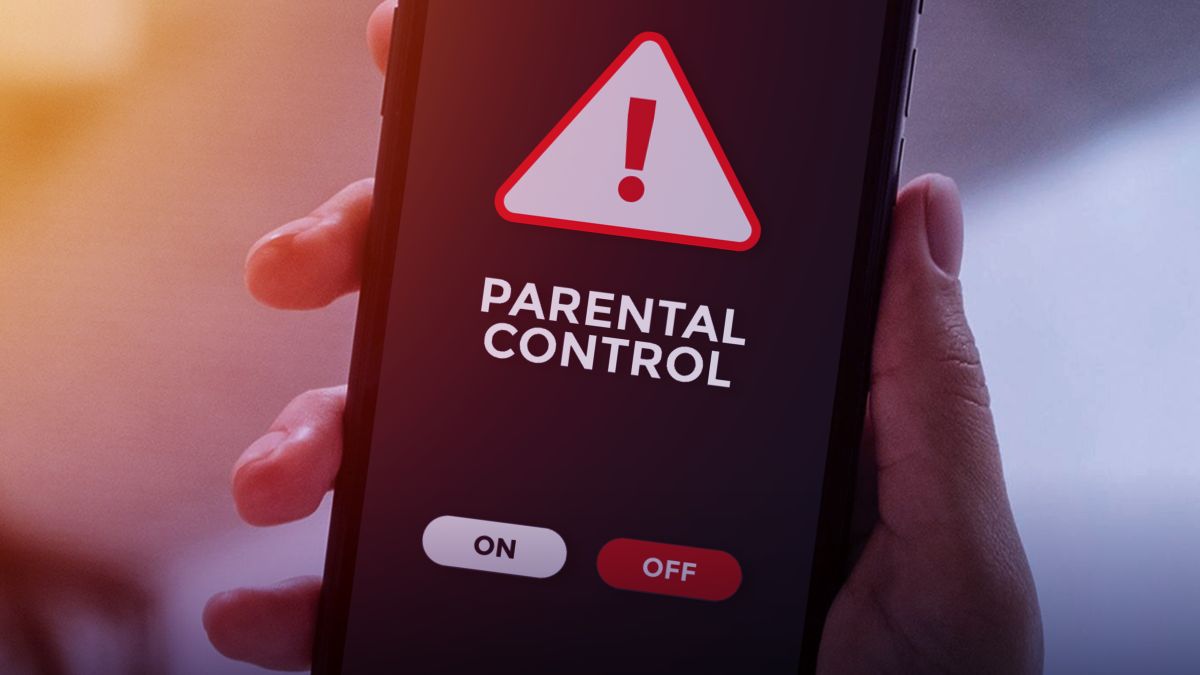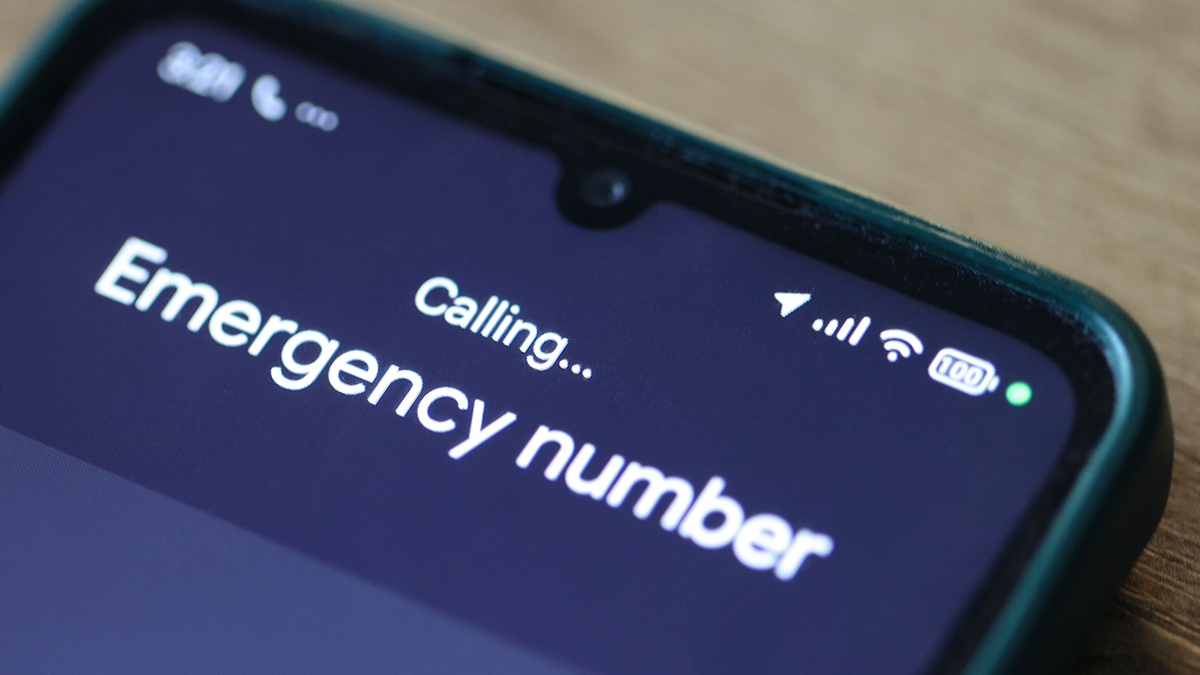The debate over TikTok‘s presence in the cultural zeitgeist came to a head in late April 2024, when U.S. Congress passed a bill banning the app in the United States.
President Biden went on to sign that bill into law, partially due to its presence as a side-note on a much larger bill providing funding for Ukraine as it fights off the Russian invasion. Regardless of how it made its way into law, TikTok is officially on borrowed time. Depending on how things with its parent company roll out, U.S. users could have a mere nine months of enjoyment left before the app is stripped away from us.
All due to a debate over the ownership of this mega-popular platform. A number of U.S. officials have made TikTok, and concerns over its supposed Chinese ownership, major talking points over the last year, but just how much of their bluster is based in truth?
Who really owns TikTok?
Claims that TikTok is owned by China have followed the app since its earliest days on the market, but these assertions aren’t entirely accurate. While it is true that TikTok has ties back to China, it’s far less tied to the East Asian country than politicians would have you believe.
Everyone with an eye on the issue remembers the irritating exchange between TikTok CEO Shou Zi Chew and U.S. airhead Tom Cotton (R-Ark.) in which Cotton repeatedly questioned Chew — a Singaporean man — about his ties to China. The same conversation is continuing to unfurl across U.S. politics, as our empty-headed politicians swear that TikTok’s ties to China make it dangerous, but the app isn’t nearly so connected to the country as they’d like you to believe.
The biggest hurdle that arises, when trying to determine the exact ownership of TikTok, comes down to where the information comes from. Much of this information comes from TikTok itself, which guarantees at least some degree of bias. Due to previous mandatory disclosures, however, which were provided to various courts and investors, we have an idea of how the ownership of ByteDance, and thus TikTok, shakes out.
ByteDance was founded by its initial Chinese owners, but these days they maintain a relatively minor stake in the company. According to disclosures, around 60 percent of ByteDance is owned by global investors, 20 percent remains in the hands of its founders, and 20 percent is owned by employees, which includes 7,000 Americans, according to Poynter.
To top it off, ByteDance sports a five-person board of directors, on which three Americans sit. The ownership of the company, which ultimately ties back to TikTok, is complex, but certainly not inherently Chinese.
That being said, concerns over how our information is used, who has access to our information, and what information is being accessed should concern everyone. Not just regarding TikTok, but every app, technology, and platform we use. Each and every one of them — down to our social media sites and even Amazon.com — are snatching up every scrap of information they can find, which they later use to manipulate our feeds, recommend new items, and generally create a backlog of information about our internet usage.
That’s scary, and much scarier when that information is allegedly in the hands of a foreign power. We can’t know for sure how much of our information is making its way back to China, due to TikTok’s ties — tenuous as they may be — back to the country. It’s a touchy subject, and users would undeniably enjoy less information gathering in general, but the concerns over TikTok’s ownership are absolutely overblown.
We may never convince our U.S. representatives that ByteDance, and thus TikTok, share far fewer ties with China than they think, but the outcry already ramping up in response to the app’s impending ban may force them to take a second look.











Published: Apr 25, 2024 10:49 am